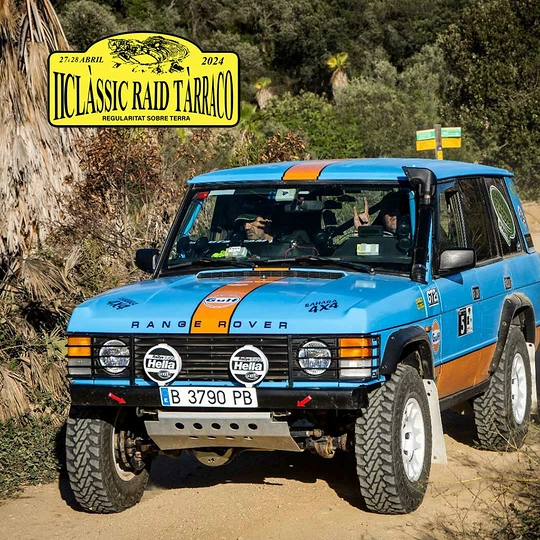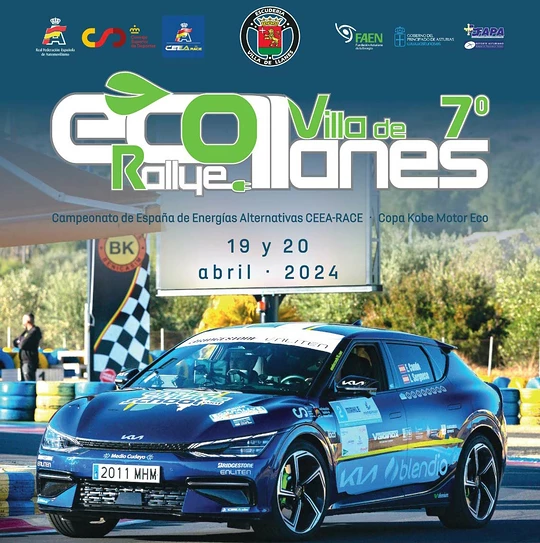Differences between regularity timing and speed timing
In the speed rallies the time is measured and in the regularity rallies space and time are measured, that is the matter, then we tell you about it.
The timers used in a speed rally have to measure the total time of the section for each participant. The fastest one will be the winner. In this way, they must take the time at the start and end of each section and measure the difference.
The organiser needs to control the exact time at the start (in case someone starts ahead of time). The start time is measured from the theoretical minute of the start (not the exact time of the start). After this you need to measure the time of arrival.
There are two important things in timing speed rallies: the start line and the finish line must be equal for all participants and the timers at the start and finish must be perfectly synchronised.
The timing of regularity rallies however, needs to measure velocity (v). Velocity = Distance/Time, so the organiser needs to measure distance and time. The big difference is that it’s not enough to measure this at the beginning and at the end of each section; rather it should be measured over the complete distance. First and important difference: measure at intermediate points over the whole section.
Second difference: Measure the distance. With speed, you measure the road to make the roadbook and indicate the route, although the measuring of kilometres and metres at the end of the section does not affect at all who has been the fastest. With regularity, on the other hand, each timing has to be referenced to a specific place on the route (remember v=d/t) in other words we have to precisely measure the distance between each control point and the exact time that the car passes these points.
Measuring the distance of the control points is no easy task. It seems simple but I have to confess that all organisers have problems in measuring the route accurately. Having a good roadbook and measuring the secret control points is a difficult task that must be undertaken rigorously and can make the difference between a good regularity rally and a passable one.
The third difference is the synchronisation of all the times taken. In a speed rally with 50 cars and 6 sections (90 km timed) there are 600 times taken, whereas in a regularity rally they may easily be 3000 times taken (5 times more), and each one of them must be timed with a watch perfectly synchronised with that of the organisation and accurate to within tenths of a second.
I must say that the timing and synchronisation of all of these stopwatches is not an easy job. Many may think that their watch is the best, and nobody might doubt that, however the timers must always be a step above this.
The objective of the timers must be to be able to measure who is the best in the competition, and the truth is that in some regularity rallies there are teams that are putting the accuracy of the timers to the test.
For Blunik the objective of timing is to be able to time as accurately as possible and be able to provide you with your times and the order from first to last so that each of the participating teams can see the results and use them to either improve or celebrate their triumph. Obviously our objective is also to have a podium with three steps: first, second and third and to have only one team on each level. Because we know that in the world of competition, knowing who the best is is something important to us all.








